Trump's 'maximum pressure' campaign against Iran is failing: Ex-US officials
US President Donald Trump has been unsuccessful in implementing his strategy of exerting "maximum pressure" against Iran, former US officials say.
Trump pulled his country out of the 2015 Iran nuclear deal officially known as the Joint Comprehensive Plan of Action (JCPOA) in May 2018 and re-imposed harsh sanctions against the Islamic Republic in order to make Tehran capitulate to the US's wishes.
Iran, however, has not given in to US pressure and has recently announced the start of unlimited nuclear research and development work, officially unleashing the third stage of its measured responses to Europe's lack of action in the face of Washington's violation of the deal.
Iran had previously rowed back on its nuclear commitments in compliance with articles 26 and 36 of the agreement. Tehran says its reciprocal measures will be reversible as soon as Europe finds practical ways to shield the Iranian economy from unilateral US sanctions.
Speaking to Insider, Wendy Sherman, who served as lead negotiator for the administration of former President Barack Obama on the JCPOA, said, “The maximum pressure campaign…has not stopped Iran from taking steps away from JCPOA.”
"Iran is not just being emboldened but is being left in some ways to take actions that say they will not be pushed back. We are at a very, very difficult place."
"If indeed they really do move forward on research they're obtaining more knowledge and you can't wipe away knowledge, which is something that President Obama understood and why he went into negotiations," Sherman said.

"Even if we had taken military action to bomb all of their nuclear sites, which we certainly could do, they could rebuild them and would have likely rebuilt them in secret," Sherman added. "You can't bomb away knowledge, so this move is a little bit more complicated and concerning."
Last week, Trump expressed his willingness to restart talks with Iranian President Hassan Rouhani, who later said talks would be possible only within the framework of the P5+1 group of world states if Washington agrees to lift all sanctions against Tehran.
"It appears that the Trump administration is not willing to open a door to a negotiation with Iran. Even though the president has said he's ready at any time without conditions — there are obviously conditions on both sides. So we are in a very tough place," Sherman said.
Meanwhile, another former US official said one reason why Trump has failed to bring Iran to the negotiations table is the fractured nature of his administration's Iran policy.
While Trump and Secretary of State Mike Pompeo said the US's goal for the maximum-pressure campaign is to weaken the leadership in Iran, National Security Adviser John Bolton has repeatedly advocated regime change in Tehran.
"This incoherence isn't just an interesting problem," Richard Nephew, the lead sanctions expert for the US negotiating team with Iran from 2013 to 2014, told Insider.

"I think it's a potential strategic calamity. That absence of clarity in what the US is trying to achieve is why the Iranian is refusing to enter into talks with them."
"Iranian officials are pretty clear they refuse to talk to people who are trying to engineer their destruction, and so it makes it even harder to imagine there will be serious substantive talks," Nephew said, "because they can't even clear that first hurdle of: Do you want to topple our government?"
Settlers served lavish lunch in Israeli prison holding fasting Palestinians
VIDEO | Press TV's news headlines
Hezbollah says won’t hesitate to take proper action against aggression
Iran to US: Sanctions and war failed; try diplomacy and respect
VIDEO | Afghanistan-Pakistan tensions rise after cross-border strikes
Israeli settlers set mosque ablaze in West Bank during Ramadan
Nouri al-Maliki vows not to withdraw bid for Iraq’s premiership
OIC calls emergency summit as Israel accelerates West Bank expansion





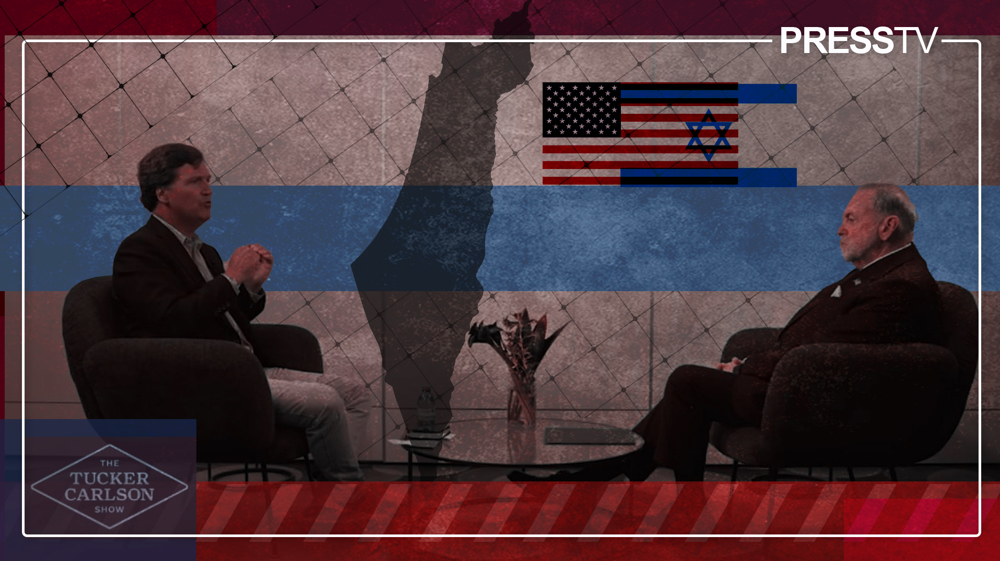
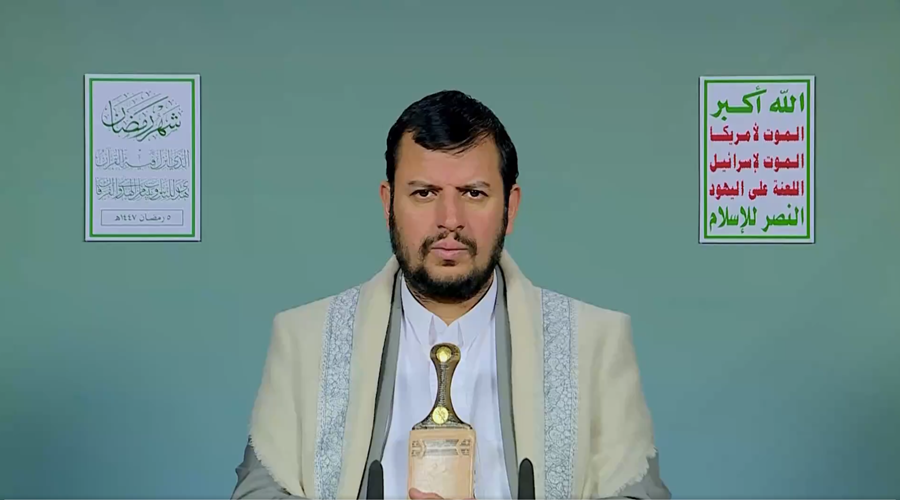
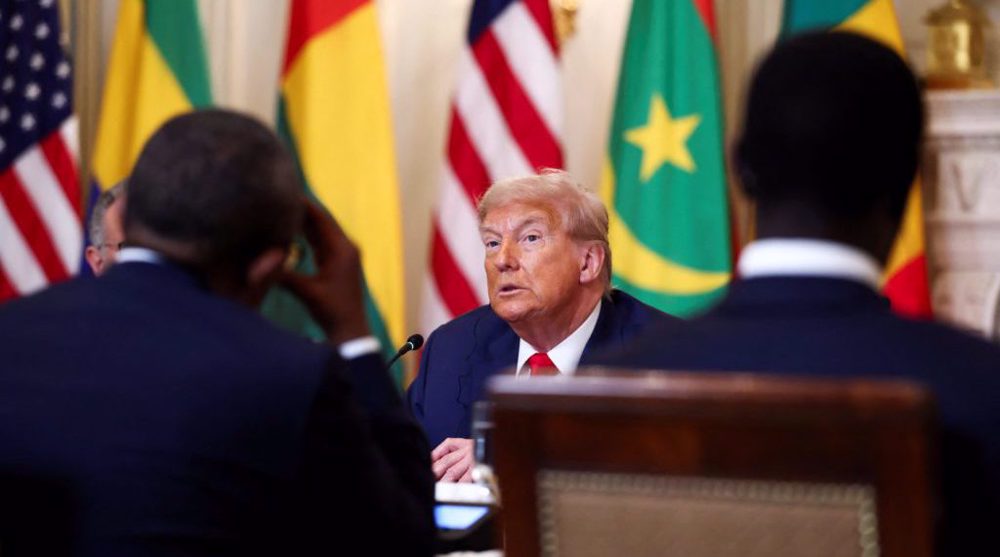




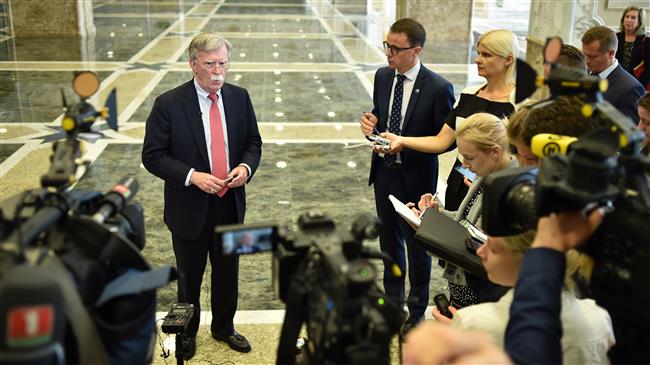

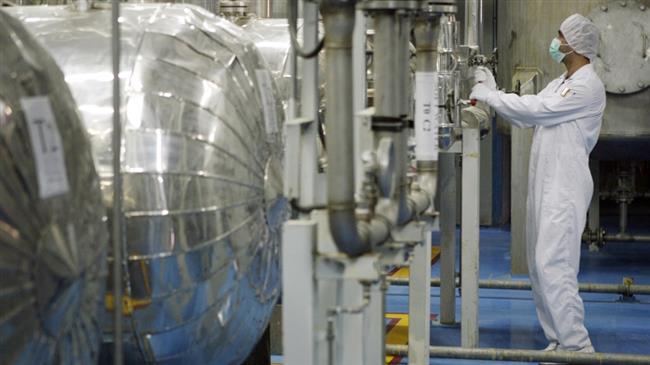



 This makes it easy to access the Press TV website
This makes it easy to access the Press TV website